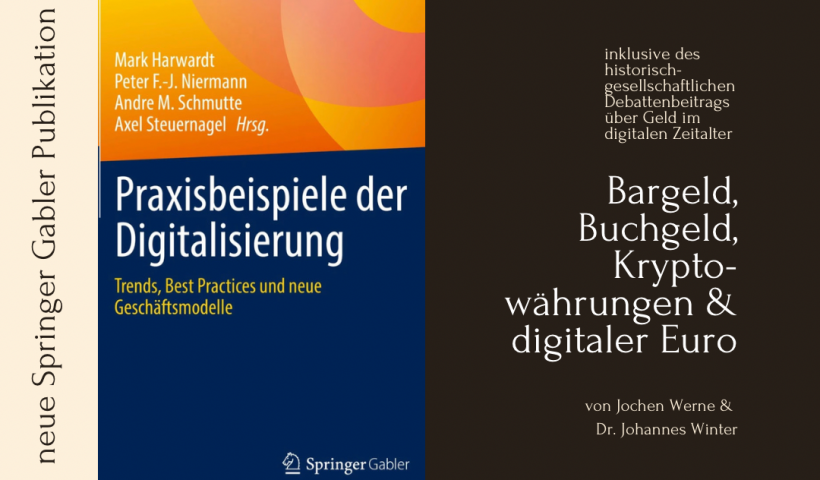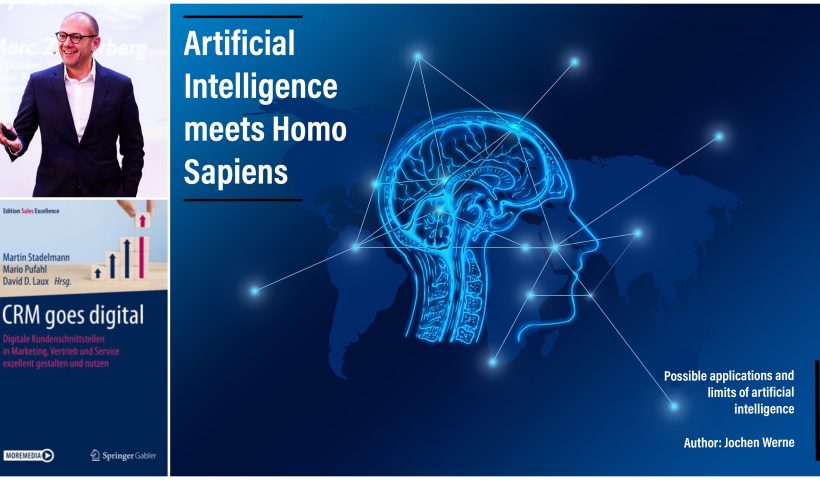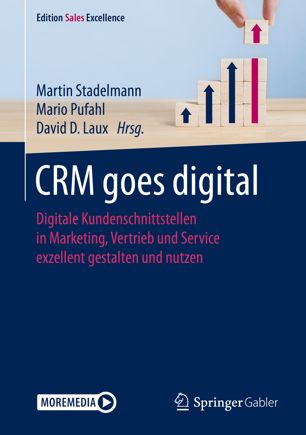It was a pleasure contributing in co-authorship with the AI-expert and friend Dr. Johannes Winter / Jochen Werne to this new Springer Gabler publication ”Praxisbeispiele der Digitalisierung” (Best Practice of Digitilisation) which is available now as e-book and paperback at https://link.springer.com/book/10.1007/978-3-658-37903-2
Cash, Book Money, Crypto Currencies and the Digital Euro

The aim of the chapter in the book is a contribution to the debate of money in the digital age. It combines historical insights into the meaning of money with the latest technological developments, to compare visions of the financial industry with realities and to develop options for action to shape the digital transformation of money.
Abstract: In a world where tech companies are leading campaigns to create a new cryptocurrency and bitcoin is surpassing the US$50,000 mark because a visionary electric car maker wants to recognise the cryptocurrency as a means of payment, some fundamental questions arise: how must money be defined in a digital world to reliably fulfil the characteristics of a universally recognised store of value and medium of exchange? And what changes are in store for the financial industry when so-called stablecoins proliferate and challenge the banks’ classic deposit business and their outdated business models? The aim of this contribution to the debate is to combine historical insights into the meaning of money with the latest technological developments in the digital age, to compare visions of the financial industry with realities and to develop options for action for shaping the digital transformation of money.
All contributions to the book
- Management
- Front MatterPages 1-1
- Chancen und Risiken der digitalen Transformation
- Mark Harwardt, Andre M. SchmuttePages 3-29
- Der Enterprise Transformation Cycle
- Peter F. -J. SteinhoffPages 31-45
- Künstliche Intelligenz für die Geschäftsmodellinnovation
- Johannes WinterPages 47-64
- Künstliche Intelligenz im Management
- Jeanette Kalimeris, Sabrina Renz, Sebastian Hofreiter, Matthias SpörrlePages 65-82
- Bargeld, Buchgeld, Kryptowährungen und digitaler Euro
- Jochen Werne, Johannes WinterPages 83-99
- Marketing
- Front MatterPages 101-101
- Elektronische Marktplätze – Potenziale, Vor- und Nachteile der Online-Intermediäre
- Mark Harwardt, Vanessa Julia HaselhoffPages 103-135
- Digitale Plattformen – Grundlagen, Herausforderungen und Lösungsansätze
- Vanessa Julia Haselhoff, Mark HarwardtPages 137-158
- Digital Transformation of the Commercial Functions of B2B Companies
- Axel SteuernagelPages 159-195
- Digitale Customer Journey
- Benjamin BirzerPages 197-210
- Service Design in einer digitalisierten Omnikanalwelt: von Kundenreisen und der Möglichkeit zu scheitern
- Andreas SchölerPages 211-233
- Organisation
- Front MatterPages 235-235
- Herleitung eines möglichen Qualitätssicherungskonzepts für digitale M-Health-Angebote in der Prävention und Gesundheitsförderung
- Mathias Bellinghausen, Luisa Maria Waerdt, Heiko BaumeisterPages 237-269
- Fragilität, Resilienz, Antifragilität von Organisationen: Implikation für digitale Strukturen
- Thomas Heinrich Steiner, Christian Hager, Matthias SpörrlePages 271-289
- Consulting 4.0
- Jessica NagelPages 291-297
- Sport- und Eventmanagement
- Front MatterPages 299-299
- Eventisierung und Digitalisierung von Sportevents – ein Ausblick auf die Sportveranstaltungen der Zukunft
- Thomas Apitzsch, Katharina Schöttl, Florian Kainz, Oliver AngermüllerPages 301-308
- Eventmanagement 2.0 – Veranstaltungsplanung und -umsetzung im Zeichen der Digitalisierung
- Thomas Apitzsch, Michael Pfleger, Frederike HaberlandPages 309-325
About Springer Gabler
Springer Gabler Verlag is the leading specialist publisher for the business sector. Its classic and digital teaching materials and specialist media address current business questions and provide reliable, practical solutions.



